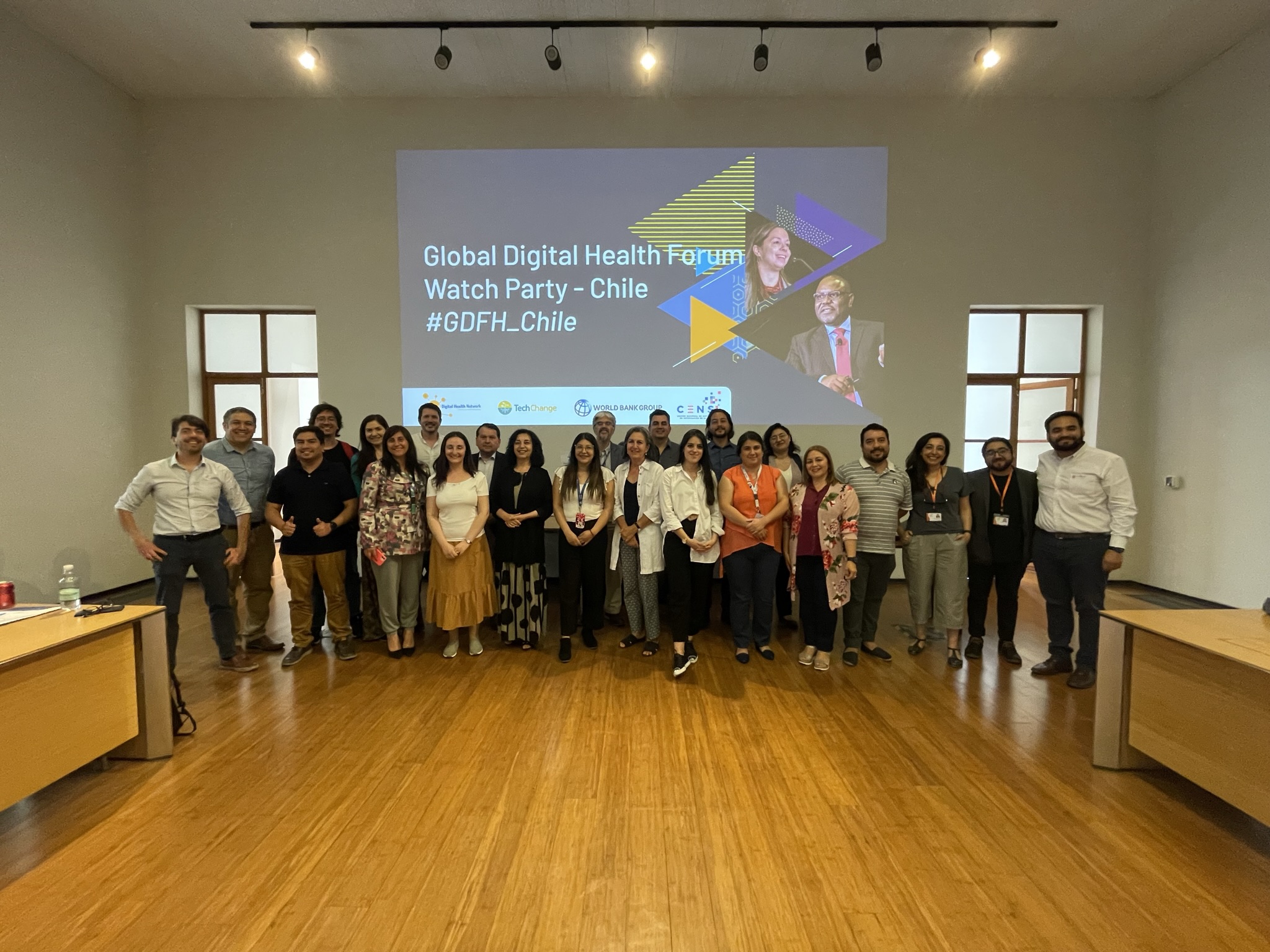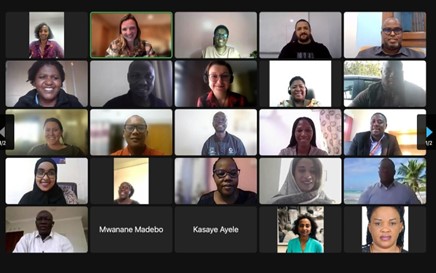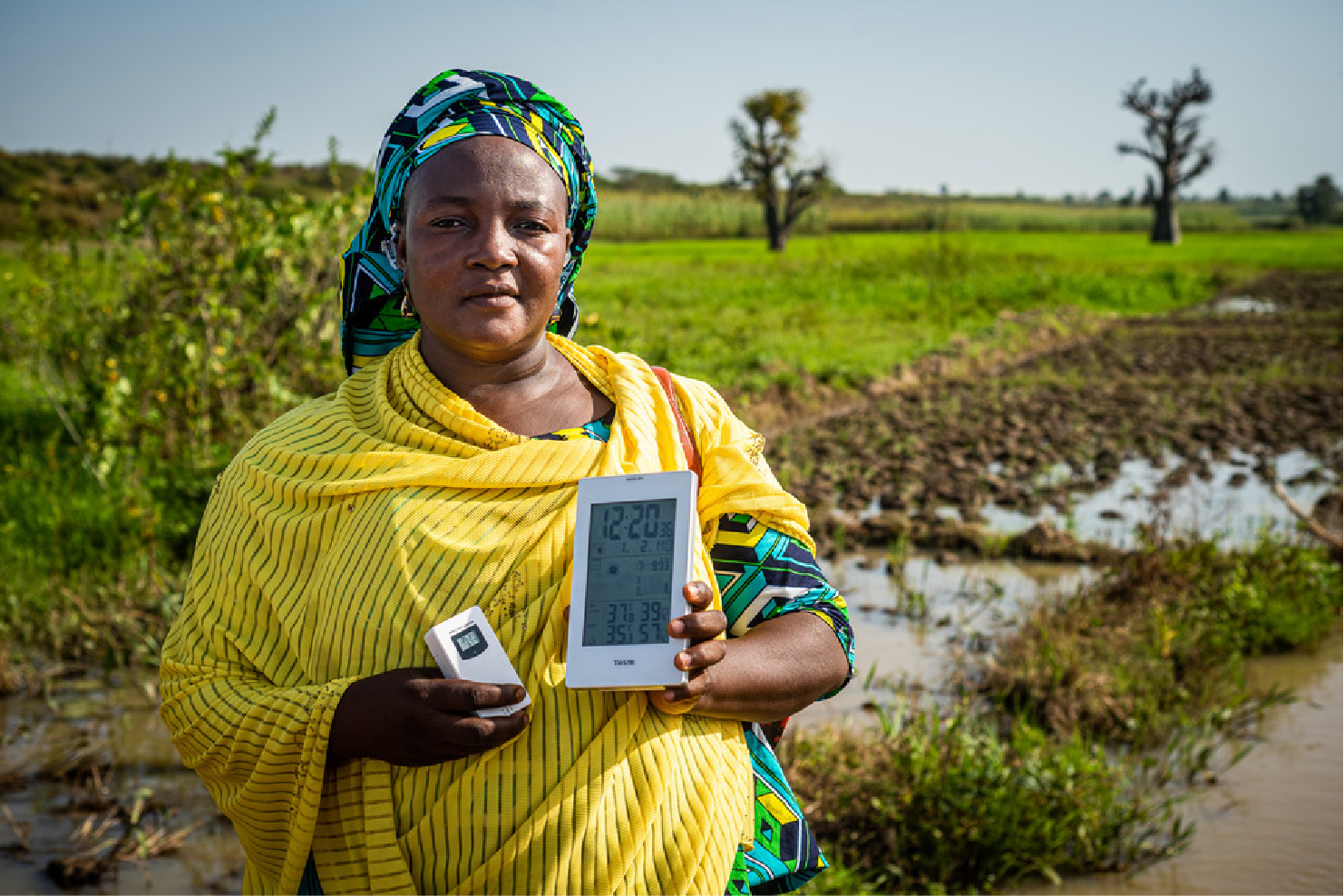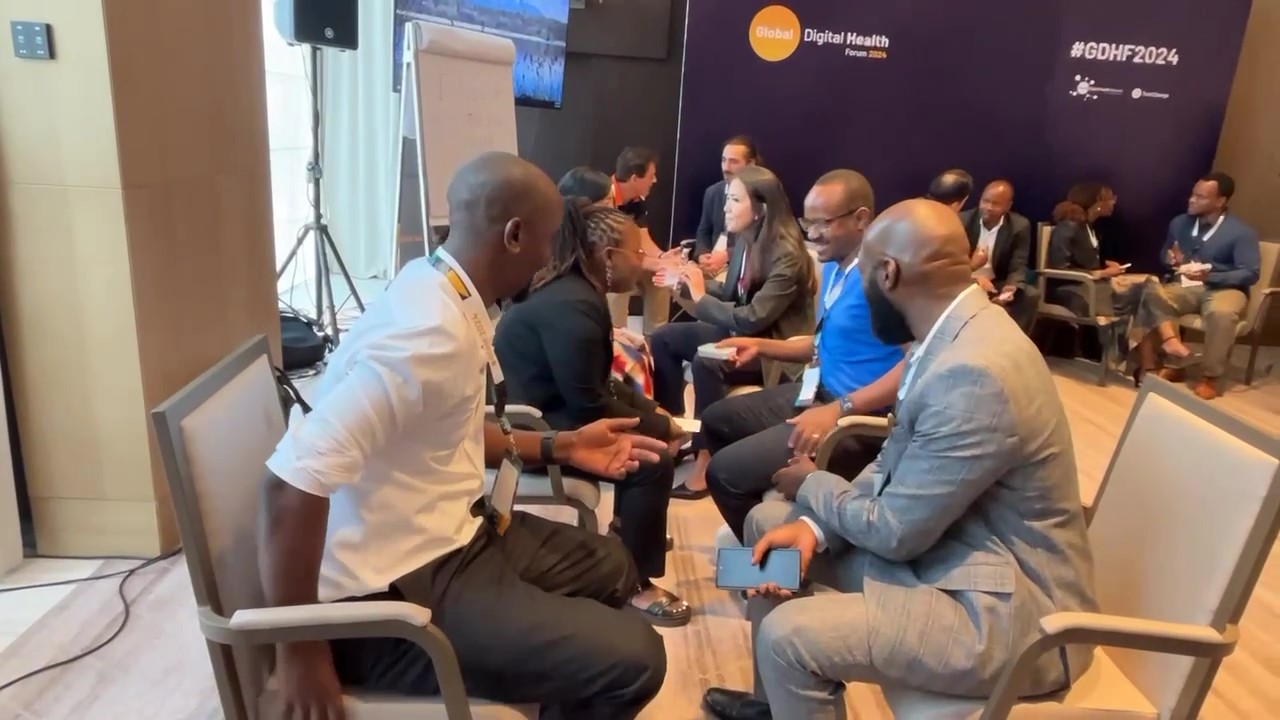By: Félix Liberona Durán, Subdirector Ejecutivo, CENS
What does it mean to collaborate?
I‘ve worked on “how to collaborate” for more than ten years and have seen no better place to use these tools than in Digital Health. We live in a complex world, where entrenched problems need a truly multiview approach. That means people from different backgrounds, disciplines, and cultures working together, putting all their knowledge and efforts towards building comprehensive solutions to real-world issues.
Working on collaborative methodologies implies bringing different actors together. But what does that mean in practice? Does it mean to just gather people from different organizations in a room and see what happens? What resources and cultural arrangements are needed for them to collaborate with one another? This is an interesting question that I’ll share my reflections on based on my experiences leading a local watch party as the Chilean Ambassador for the 2023 Global Digital Health Forum.
How does a Watch Party spur collaboration?
This Chilean “watch party,” one of six throughout the world that took place during GDHF 2023, brought together participants from NGOs, health providers, software companies, and academia. We participated in conference sessions, had vigorous dialogues, and enjoyed networking with one another.
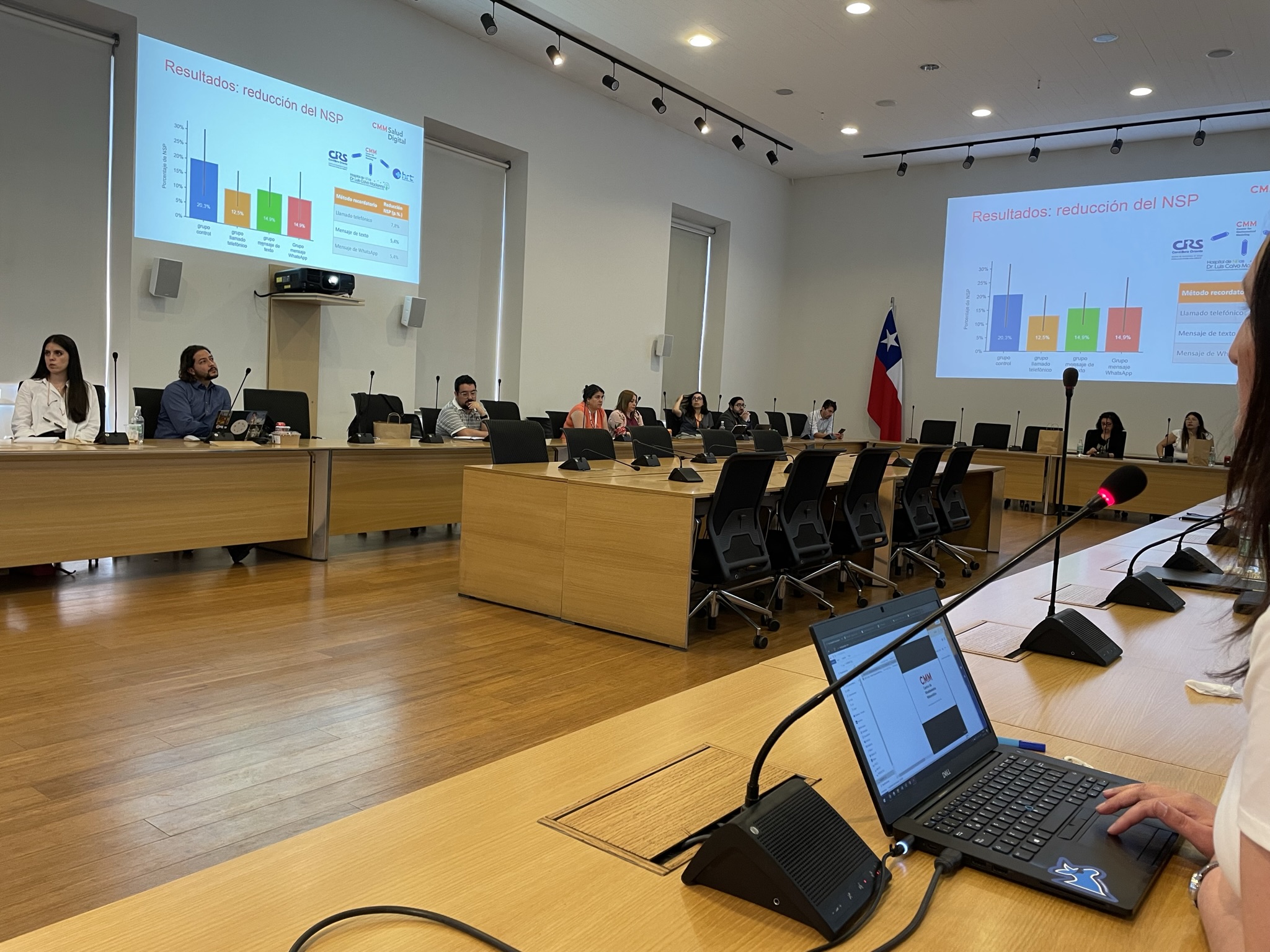
What do we need to set the stage for fruitful dialogue?
One of the first, most important steps to collaboration is to set a common language, looking to find what we share, and also to discover what our conceptions of the world are–including what every concept means in different contexts. Our actions are driven by our experiences, worldviews, and feelings. In parallel, we need to build trust. This is easy to say, but hard to do, since it requires a lot of effort, from sharing feelings, goals, and expectations, to making our goals and objectives transparent to other parties outside our organizations.
Once we have achieved minimum levels of common lexicon, and trust, the following steps toward progress will be easier, but not free of problems.
Here is where activities such as GDHF-WP turn into a key element for the Digital transformation process in health. An event where international partners, linked to national initiatives with strong commitment with their local ecosystems can speak frankly, confront different points of view, and discuss which steps should we follow to move forward into digital health seems to go in the right way.
Our discussion: digital health tools and AI
In the Chilean Watch Party, we were able to talk about how public and private health providers, academia, and local software industry providers can develop and use digital health tools for improved health outcomes. We also discussed how to use AI to predict hospital readmission, the potential for the secondary use of data and AI to improve the management of health facilities, and the need to observe and use new technologies with the necessary safeguards.
For the National Center for Health Information Systems’ team, it was a pleasure to have been invited to actively participate in the Global Digital Health Forum, an event aligned with our mission: to encourage meetings and discussions between various actors to improve the quality of people’s health through the digital transformation of the sector. Among others, our discussion allowed us to fine-tune our common language, build trust, and share ideas about the future and dreams on the way technologies will help people.
We all are aware of the need to collaborate. However, I believe only a long-term relationship, based on dialogue and confidence, can strengthen our work, and make our ecosystem more mature, and reliable. Thanks, GDHF for helping with that.

